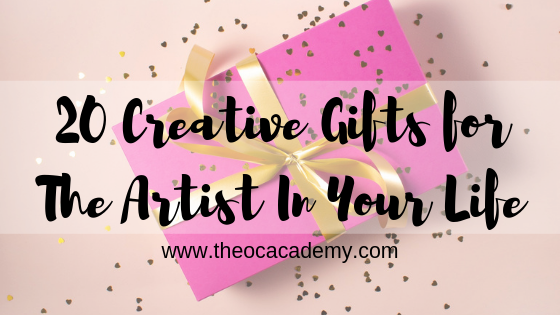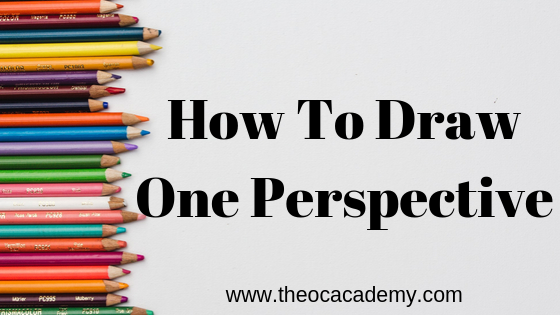
Before I get into the details of the topic, I want to first make this point, these days, it is very hard to come up with an "original idea". You can be the first to do something and you can be one of the best at something. But just about everything has been either, thought of, mentioned, or attempted.
Spinning content can be a very tricky topic because it plays with copyrights and the difference between using someone else's work as inspiration and straight up stealing someone's work (i.e. plagiarism). So where is that line and how can you make sure you steer clear of it? I will do my best to explain the differences in this post.
Let's look at a real-world example, the fitness niche is evergreen meaning that it has an everlasting appeal. Someone, somewhere will pretty much always have a need or interest in this topic.
As an evergreen niche, fitness is a billion dollar industry. With a niche that large there are bound to be an abundance of individual and companies profiting off of it.
Key players in the fitness industry (just to name a few)
Planet Fitness
Nike
Adidas AG
PUMA
Lululemon Athletica Inc
FITBIT
All of these companies fall into the same niche of fitness and they all feed ideas off of one another. Nike did not invent shoes, neither did PUMA or Adidas AG, yet all three of them sell shoes, does this mean that they are stealing content from one another? What about their market strategies? Each of them has at least one commercial where someone is wearing their gear and exercising. Does this mean that they are stealing from one another?
Most likely not. These are ideas that are common. Now, the way in which each company presents the above commercial may leave room for stealing ideas. An example of this would be the allegation that Kylie Jenner stole clothing designs from a Brand called Plugged NYC read more.
What is Spun Content?
Spun content is content taking content that was written one way and writing it differently in order to avoid plagiarism. Schools teach this to students as apart of the curriculum, it's called summarizing. Whenever a teacher says, "In your own words, what is the definition of the word --". Spinning content is just the recreation of existing content. You may have heard of the phrase, spinning the narrative, same concept, changing the original content into something "new" or "different".
The Act of Spinning Content
We have just determined that spun content is content that has been recreated. So what is the big deal when it comes to the act of spinning content? The act of spinning content can be good (white hat) or bad (black hat).
White Hat Spun Content
Have you ever had to explain a concept to someone 101 times and it seems no matter how many time you break it down you can't reach them; then another person comes along, explains the same concept then all of a sudden they get it? The same idea goes with spinning content for good.
Another example of spinning content for good is answering a question or weighing in on a concept. The thought, there is a topic that someone has created content on and you are taking that thought, manipulating it and creating your own content from it. Like I said before there are hardly any new ideas anymore.
In a nutshell, white hat or good content spinning when you are spinning content without malice, reporters do this all the time. There will be one story and 500 reporters talking about that one story. Now, how they deliver the story will determine if the content they are producing remains white hat or if it becomes black hat.
Black Hat Spun Content
This is any content that has been stolen/copied. This can also be work that is run through software to change the verbiage for SEO purposes.
Consider a student. If they search the internet, copy and paste an essay into a word document then write their name on it and present as their original work. This is plagiarism and is a black hat method of creating content.
Another way that content can be spun is by taking an article and summarizing it and posting it to your site for SEO gains.
The Fine Line Between Good and Bad Use of Spun Content
Now, just about everything has been done or thought of. Going back to the fitness industry, there are thousands of companies that sell fitness related products and there are hundreds of companies that offer off-brand alternatives for consumers. though this is an example of spinning content, it is all in fair use so it is seen as okay. The diversity helps the market.
Now, let's consider direct copyrights, take Nintendo. They create video game consoles and games. If someone was to take their direct game and market it that would be an infringement on their copyright because it is considered intellectual property.
Another example is a huge debate in the art community is "inspired work". Let's be honest, how many times can you draw an anime character with pink hair? Silver? How about blue? Many artists, especially on Deviant Art, have created characters that are known as OC's or Original characters (Fun Fact: The OC in The OC Academy used to stand for Original Character until I changed it to Original Creator). These are characters that artists create, give a persona and backstory to and draw constantly. What was happening was that fans or people that just liked the characters would illegally "adopt" the characters and claim them as their own. Now, these were not oh I like this about your character so I am going to take this aspect, this was straight I'm going to take your work as mine. Read more about an artist whose work was stolen here the key take away from this article is in the comments and how the lines can be blurred.
In Conclusion
Spun content isn't necessarily bad, given the fact that there aren't many "new concepts" anymore. It is okay to summarize, think parallel to another, or even share a niche, However, there is such thing as stealing content/intellectual property, plagiarism, and Black Hat SEO. The is a fine line and it is best to be aware of it so that you do not cross it. There is a difference between inspired by and stolen from.
More Information on Plagiarism and Copyrights
Learn more about plagiarism here.
Learn more about Copyrights here.






0 Comments